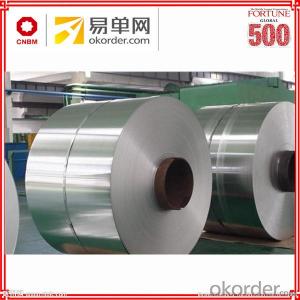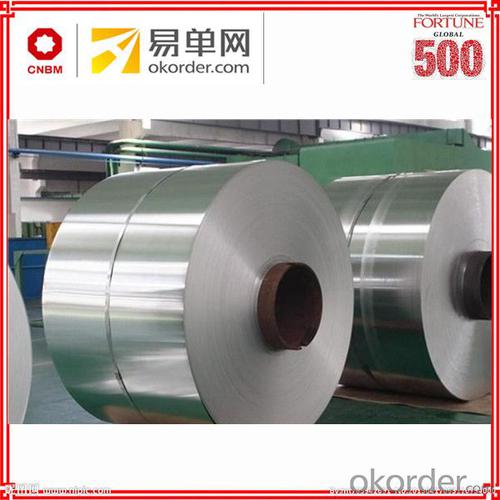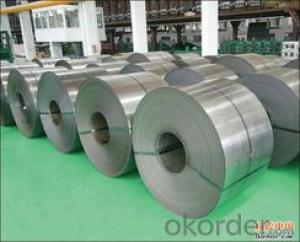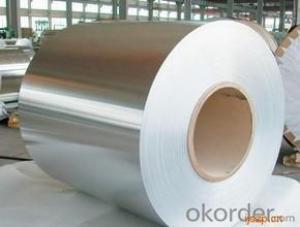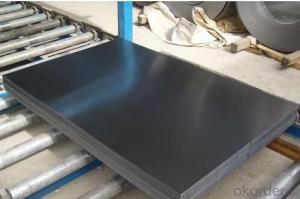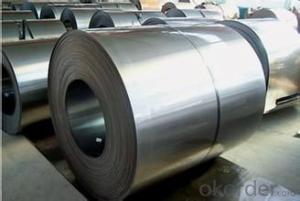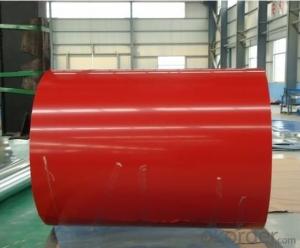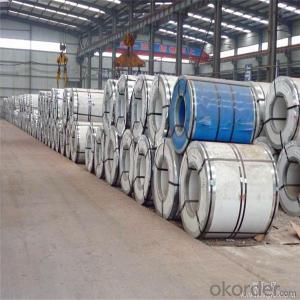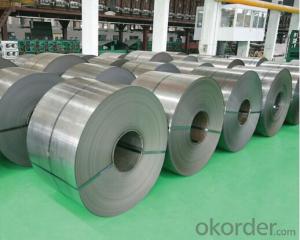Cold rolled closed annealed Steel Coils from china suppliers
- Loading Port:
- Tianjin
- Payment Terms:
- TT OR LC
- Min Order Qty:
- 50 m.t.
- Supply Capability:
- 57683 m.t./month
OKorder Service Pledge
OKorder Financial Service
You Might Also Like
Specification
Cold rolled sheet products have been available for many, many years, and have been successfully used for a multitude of
applications. Today's cold rolled sheet products are much improved over those used in the past. They offer better control of
thickness, shape, width, surface finish, and other special quality features that compliment the emerging need for highly
engineered end use applications.
Cold rolled steel coil/sheet is one of the main raw material of furniture automotive parts, industry steel parts, building construction,
raw material of color painted coil. Meanwhile we can provide full hard raw material they are properly used in the high strength construction.
Standard and Grade :
Cold rolled steel coils | ||||
JIS G3141-2005 | EN10130-2006 | ASTM A1008-12a | ||
Commercial quality | SPCC | DC01 | CS Type A/B/C | |
Drawing quality | SPCD | DC03 | DS Type A/B | |
Deep drawing quality | SPCE SPCF(non aging) | DC04 | DDS | |
Extra deep drawing quality | SPCG(non aging) | DC05/06 | EDDS | |
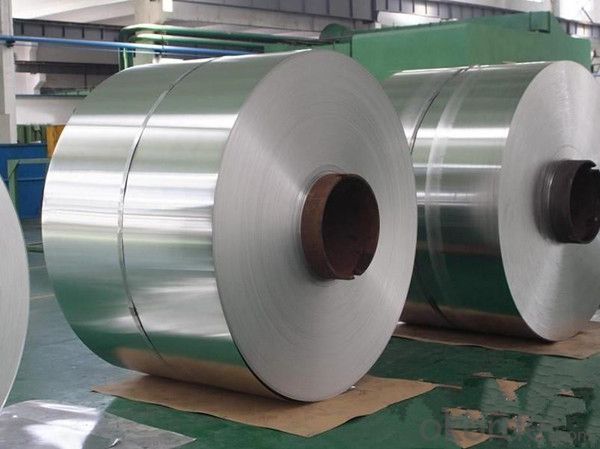
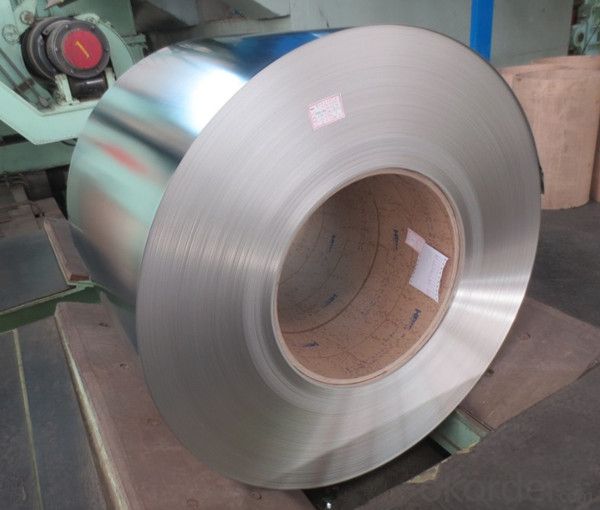
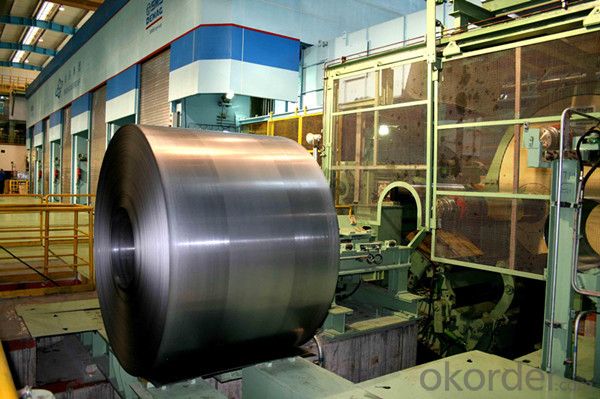
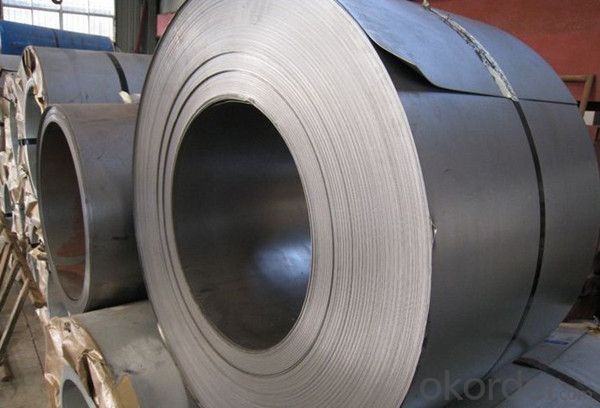
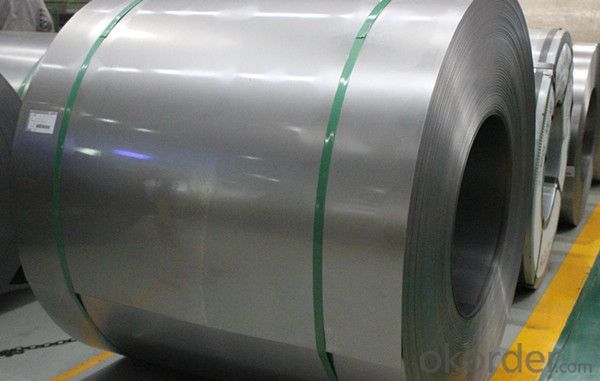
Application :
Automobile Industry, White Goods, Home Applicances, Oil & Air filters, semi product for coating with enamel or zinc, construction &
building sector, air-conditioning, furniture, radiators, tubes, profiles, mechanical construction, shelving, containers, drums
Packing:
Packaging Detail | The packing of coil consists of anti-damp paper ,PVC film ,hardboard paper , steel box , strapped with steel strips, fitted with locks and edge protectors and guarantees the optimal condition of the delivered goods. Each coil can be additionally fitted with wooden/steel skids(eye of the side) or wooden pallets(eye of the sky) |
Delivery Time | within 30 days of receipt of LC original or prepayment |
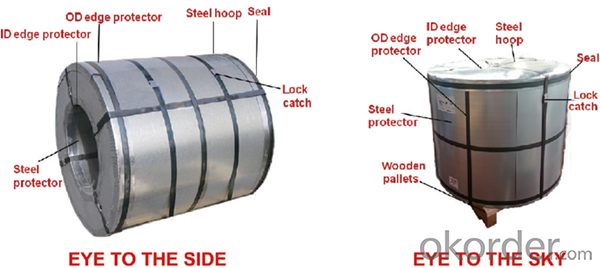
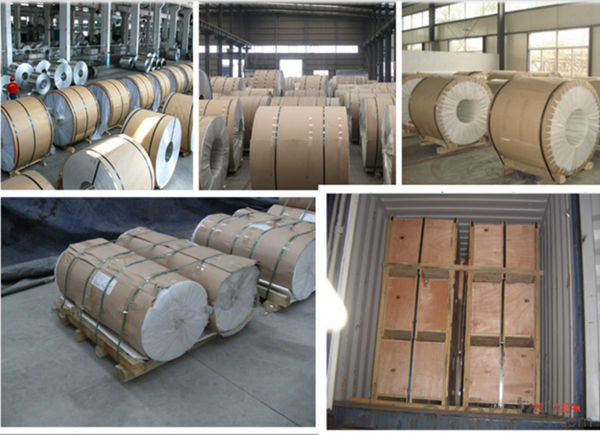
Our Services:
MOQ | FCL, 25 metric tons per 20GP, can be assorted with different sizes. |
LCL for trial order is acceptable. | |
Price Term | EX-WORK, FOB China Port, CNF, CIF |
Payment | T/T, 30% advanced payment before production and balance before shipment; OR Irrevocable L/C at sight. |
Delivery Time | within 30 days of receipt of LC original or prepayment |
FAQ:
1. Can you offer OEM to me? What about MOQ?
Of course, we are a professional with OEM manufacturer for 9 years. the MOQ can be 50 ton/ order.
2. How to guarantee the quality of the products?
We have established the international advanced quality management system,every link from raw material to final product we
have strict quality test;We resolutely put an end to unqualified products flowing into the market. At the same time, we will
provide necessary follow-up service assurance.
3. How long can we receive the product after purchase?
Usually within thirty working days after receiving buyer’s advance payment or LC. We will arrange the factory manufacturing
as soon as possible. The cargo readiness usually takes 15-25 days, but the shipment will depend on the vessel situation.
4.How Can I Get Some Sample?
We are honored to offer you free sample, but courier charges will be on your side.
- Q: What are the different types of steel coil packaging techniques?
- In the industry, there are various steel coil packaging techniques commonly used. These techniques aim to safeguard the steel coils throughout storage, transportation, and handling, ensuring their arrival in excellent condition. One technique utilized is called "eye-to-the-sky" packaging, where the steel coils are vertically stacked with the coil's eye facing upward. They are then secured using steel strapping or banding. This method is commonly employed for smaller coils and effectively shields against damage caused by handling and transportation. Another typical packaging technique is "eye-to-the-wall" packaging. Here, the steel coils are horizontally stacked with the coil's eye facing the wall. They are also secured using steel strapping or banding. This particular method is often used for larger coils and provides enhanced stability during transportation. "Shrink-wrapping" is a third packaging technique wherein the steel coils are tightly wrapped in plastic shrink-wrap material. This offers protection against moisture, dust, and other contaminants. Shrink-wrapping is especially useful when steel coils need to be stored or transported outdoors or in harsh environments. Moreover, certain steel coil packaging techniques involve the usage of wooden pallets or skids. The coils are placed on these pallets or skids, which provide a stable base and enable easy handling using forklifts or other equipment. Additionally, the coils can be secured to the pallets or skids using steel strapping or banding. Ultimately, the selection of a steel coil packaging technique depends on factors like coil size, transportation requirements, and environmental conditions. By choosing the appropriate packaging technique, steel coils can be adequately protected and delivered to their destination without any damage or deterioration.
- Q: What are the common coil weights available for steel coils?
- The common coil weights available for steel coils vary depending on the specific application and industry requirements. However, there are a few standard coil weights that are commonly available in the market. These include: 1. Light coils: Light coils typically have a weight range of 3 to 6 metric tons (6,000 to 13,000 pounds). These coils are commonly used in industries such as automotive, construction, and appliance manufacturing, where smaller, more manageable coil sizes are preferred. 2. Medium coils: Medium coils generally range in weight from 6 to 15 metric tons (13,000 to 33,000 pounds). These coils are utilized in a wide range of industries, including construction, infrastructure, and general manufacturing. 3. Heavy coils: Heavy coils are typically heavier than 15 metric tons (33,000 pounds) and can go up to 30 metric tons (66,000 pounds) or more. These coils are commonly used in industries like shipbuilding, heavy machinery manufacturing, and infrastructure projects that require large and sturdy steel components. It's important to note that these weight ranges are not fixed and can vary depending on the specific requirements of the customer or industry. Additionally, some manufacturers may offer custom coil weights to suit unique project needs. It is always recommended to consult with a steel supplier or manufacturer to determine the most suitable coil weight for a specific application.
- Q: what pokemon are week to steel type pokemon like lucario? help please, and thank you.
- Rock pokemon are weak against steel type moves.
- Q: What are the challenges in coil recoiling?
- Some of the challenges in coil recoiling include achieving precise and consistent coiling, minimizing coil distortion and tangling, preventing material damage or breakage during recoiling, and ensuring efficient and safe handling of coiled materials. Additionally, factors such as coil size, weight, and material properties can also pose challenges in the recoiling process.
- Q: How are steel coils used in the production of wind turbine components?
- Steel coils are used in the production of wind turbine components for their strength and durability. These coils are typically formed into various shapes and sizes to create structural elements such as towers, frames, and foundations. The steel coils are also used to manufacture critical parts like rotor blades, gearboxes, and generator housings, ensuring the turbines withstand harsh environmental conditions and operate efficiently.
- Q: How are steel coils used in the production of steel framing systems?
- Steel coils are used in the production of steel framing systems as they are typically unwound and fed into a roll forming machine where they are shaped into the desired profiles and sizes required for the framing components.
- Q: Can steel coils be used in corrosive environments?
- Yes, steel coils can be used in corrosive environments, but their performance will depend on the type of steel and the severity of the corrosive environment. Stainless steel coils, for example, are highly resistant to corrosion and can be used in a wide range of corrosive environments, including those with high levels of moisture, chemicals, or salt. However, other types of steel coils may require additional protective measures, such as coatings or galvanization, to enhance their resistance to corrosion. It is important to consider the specific corrosive factors present in the environment and choose the appropriate type of steel and protective measures to ensure the longevity and durability of the steel coils.
- Q: How is the demand for steel coils influenced by the construction sector?
- The demand for steel coils is heavily influenced by the construction sector. As construction activities increase, so does the demand for steel coils as they are essential for various construction applications such as structural components, roofing, and reinforcing materials. Conversely, when construction activities decline, the demand for steel coils also decreases. Therefore, the construction sector plays a crucial role in driving the demand for steel coils.
- Q: Can steel coils be used in the automotive industry?
- Steel coils find extensive use in the automotive industry. They are frequently employed in the production of diverse automotive components and parts. Specifically, they are well-suited for applications necessitating robustness and longevity, such as body panels, chassis components, suspension parts, and engine components. Steel coils exhibit remarkable structural integrity, corrosion resistance, and impact resistance, all of which are indispensable attributes for automotive purposes. Besides, they can be effortlessly molded and shaped into desired dimensions, rendering them exceptionally adaptable and cost-effective for automotive manufacturers. In summary, due to their outstanding mechanical properties and adaptability for diverse automotive applications, steel coils enjoy widespread utilization in the automotive industry.
- Q: How are steel coils used in the production of solar panels?
- Steel coils are not directly used in the production of solar panels. However, steel is typically used in the manufacturing of the structural frames and mounting systems for solar panels. These frames and mounting systems provide support and stability to the solar panels, ensuring their proper installation and long-term durability.
Send your message to us
Cold rolled closed annealed Steel Coils from china suppliers
- Loading Port:
- Tianjin
- Payment Terms:
- TT OR LC
- Min Order Qty:
- 50 m.t.
- Supply Capability:
- 57683 m.t./month
OKorder Service Pledge
OKorder Financial Service
Similar products
Hot products
Hot Searches
Related keywords
